Many long-term travelers plan their trips around spending time in developing countries. They are typically cheap, full of culture, and the perfect addition for those with limited budgets. The developing world may proffer a dream-team of “off-the-beaten-track” destinations, but being one of few tourists in a region carries responsibilities of its own.
“Traveling in some of the world’s poorest countries is as challenging as it is rewarding…”
Traveling in some of the world’s poorest countries is as challenging as it is rewarding, and planning your trip can be a balancing act: how to stay safe but still embrace the unknown; how to promote sustainable tourism when faced with heart-wrenching poverty; how to adopt local customs but maintain both your dignity and sanity; how not to end up with an extortionately-priced Persian carpet strapped to the back of your backpack.
It may all be part of the experience, but there are a few tricks to mastering the art of the unknown.
The Art of Alternative Hygiene
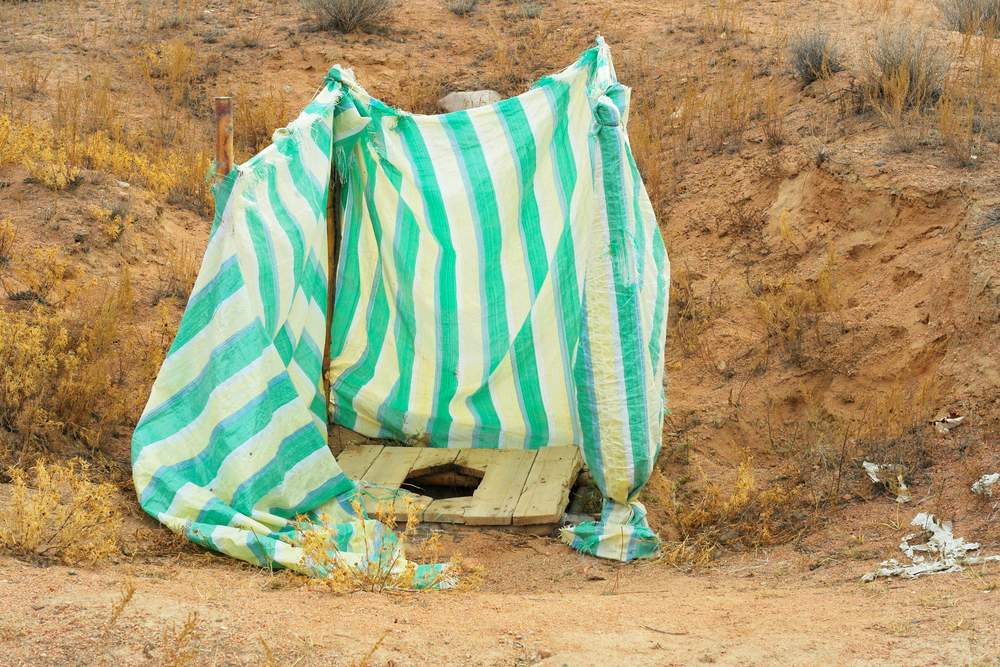
Long-drops, bucket baths and roadside squatting all add priceless value to your culture-sampling portfolio, and a foray into the developing world wouldn’t be complete without at least one mercilessly hilarious tale of slipping, sliding or miss-shooting. The key is to embrace, rather than resist, the changes.
“And on the plus side, squat toilets are excellent for thigh muscles.”
Ditch the toilet paper where possible; squat as low as you can to avoid balance mishaps, and revel in the triumph of multi-tasking – lathering hair with one hand while maintaining a slow and steady pour of scooped water is a feat to be proud of. And on the plus side, squat toilets are excellent for thigh muscles.
Read 10 Toilets You’ll Meet on Your Travels (and how to cope with them)
The Art of the Journey
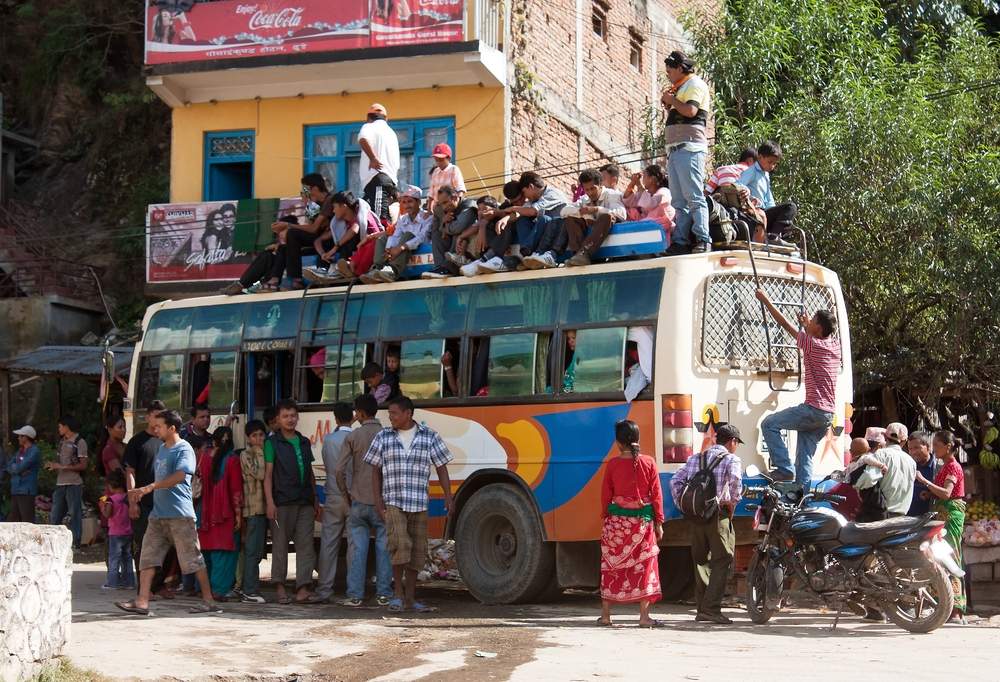
Roads, in particular those of smooth tarmac and gently rounded bends, are generally a western invention, and while road quality is improving in many areas of the world, road safety, reliability, and comfort are still simmering between just-bearable and agonizingly insufferable.
A bus is not deemed full until every cubic inch of air has been crammed with sweating torsos or suspiciously bleating cargo. Seats are available for only the early arrivals (and yes, you will be made to stand or crouch in the aisle for an entire 10 hour journey), and you have zero hope of reclaiming your seat if you move. You may be lucky enough not to have a sickly child slobbering on your lap or a piglet nibbling your flip-flops. But don’t bet on it.
“To ease the ride a little, sit nearer the front…”
To ease the ride a little, sit nearer the front (back wheels are most uncomfortable and most difficult to navigate out of on pit-stops), take a sarong to pee behind (many toilet stops rarely involve actual toilets), carry a hand-fan (expecting the air-con to actually blow out cold air is a classic first-timers mistake), and make friends with your other passengers – a pack of biscuits or fruit offered around during the inevitable hours-long delays will do wonders for your popularity.
Read Overland Travel on Your Long-Term Trip
The Art of Eating Without Utensils
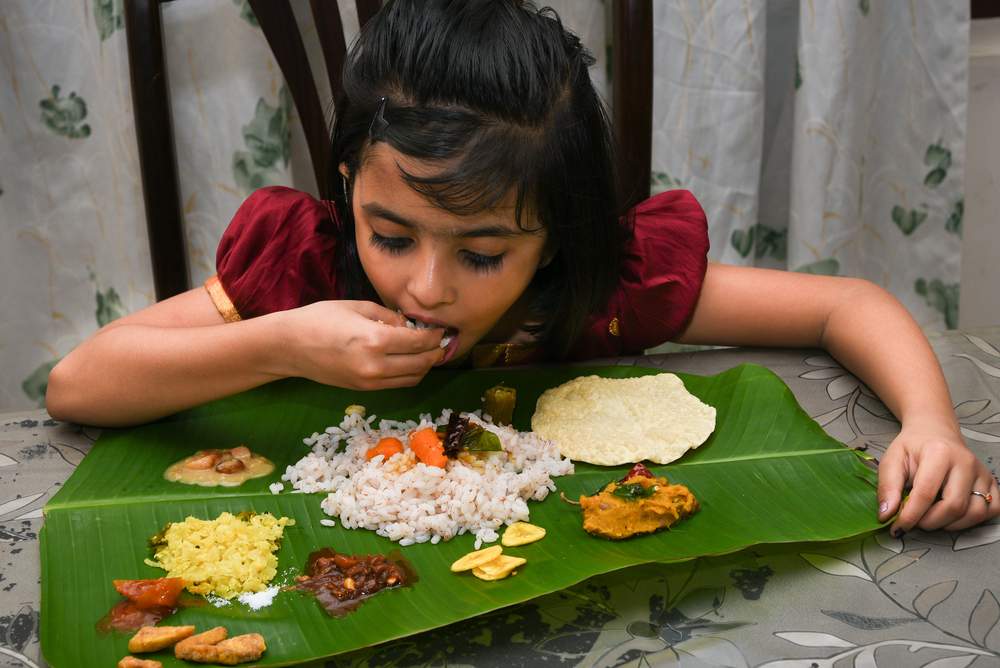
There is something oddly mesmerizing about watching an entire family scoop and shovel a medley of foodstuffs into their mouths without dropping a single grain of rice. Like chopstick-mastery and de-boning a fish with your teeth, it’s one of those skills that looks so simple yet remains wholly unattainable.
The etiquette is generally to use your right hand for eating and your left only for holding the bowl or picking up your glass/napkin (the left hand is reserved for toilet duties in many countries, so this is a rule worth sticking to). Use your first two fingers and thumb to create a shovel-like motion; the quicker your hands move, the less you will spill (particularly notable with rice).
“The etiquette is generally to use your right hand for eating…”
Ball up rice or bread to mop sauces or fold around more soluble ingredients, tear meat off the bone with your teeth, and if you’re making a mess, try lifting the bowl up to your chin or bending your head right over your plate. As for what it is you’re actually eating, well, that’s a conversation best left until afterwards.
Read What to Eat and When Around the World
The Art of Multi-Lingual Communication
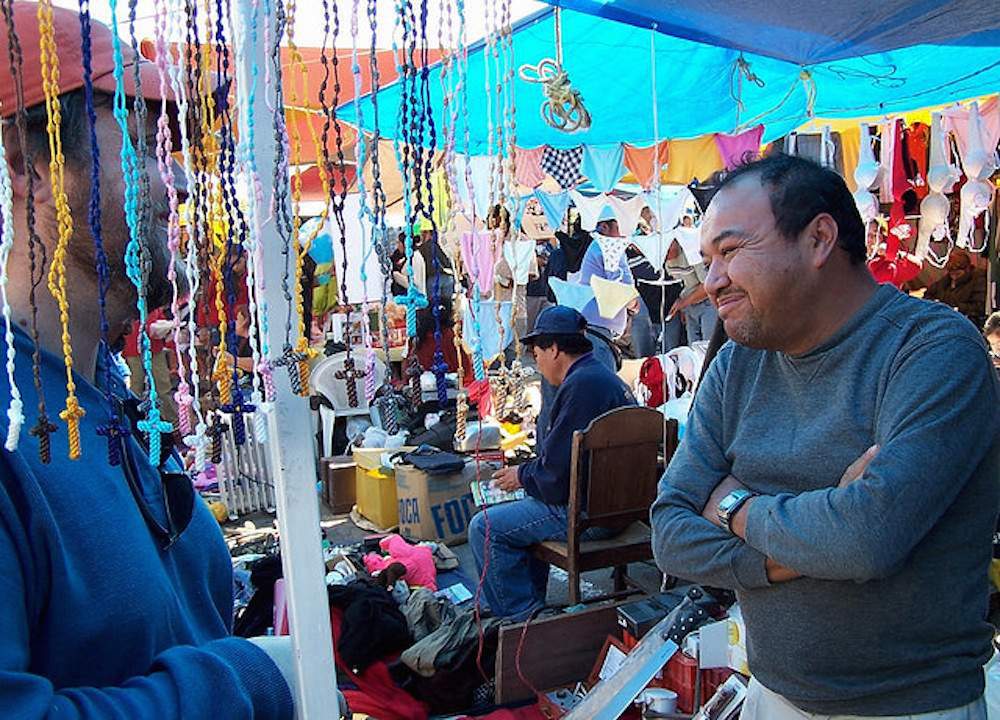
Foreign travel wouldn’t be half as much fun without the wordless charades that find you flapping your arms and laughing maniacally at passersby who quite possibly have no idea where the bus station is. Best to check your embarrassment at the door, learn to laugh at yourself, smile incessantly (through gritted teeth if necessary), and try not to get angry when an entire village cannot muster one word of English between them.
“Smile. Nod. Breathe.”
On the other hand, don’t assume that because they say they can speak English, that they can, in fact, speak English.
Yes, no, maybe, left, right and
now (all essentials, I’m sure you’ll agree) are seemingly interchangeable in many countries, so be patient. Smile. Nod. Breathe. And expect to be sent in the complete opposite direction or end up with a bowl of mystery meat soup. It happens to the best of us.
Read How and Why to Learn a Foreign Language
The Art of Preparation
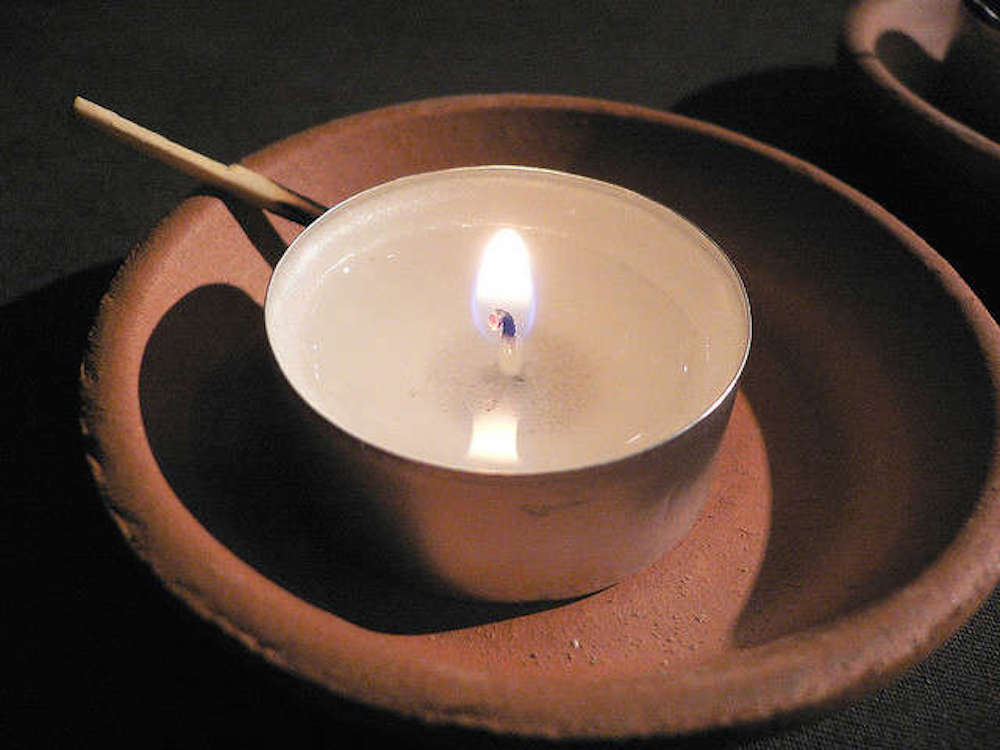
Preparing for the inevitable lack of amenities is essential – many remote areas don’t have electricity or running water and even heavily-touristed areas may have limited usage. Charge your phone/camera/ipod whenever you get lucky with a decent power supply, pack a wind-up torch, and make sure you’re back in your room before the lights go out.
“Expect the bare minimum, and you’ll enjoy the rare joy of a hot shower all the more.”
To be extra-organized put together a survival kit of clothes detergent, water purification tablets, toilet paper, baby wipes and spare cash. Expect the bare minimum, and you’ll enjoy the rare joy of a hot shower all the more.
Read The Ultimate Guide to Packing for a Long-Term Trip
The Art of Spending Your Money Wisely
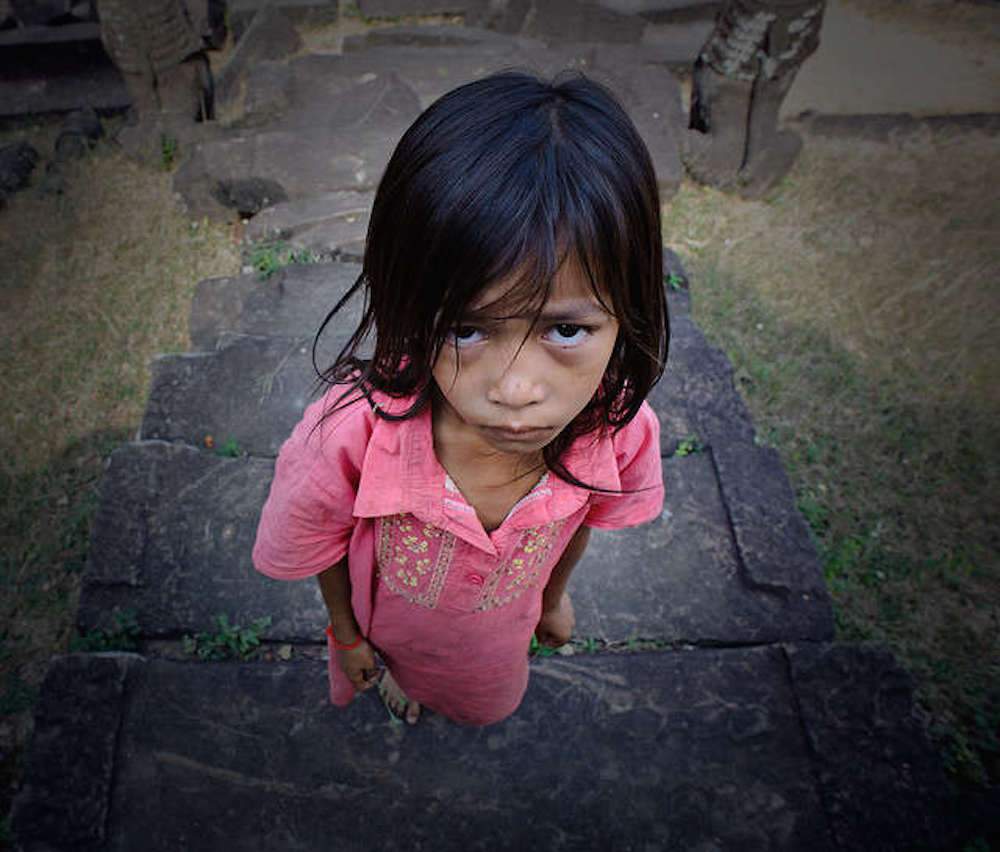
One of the most challenging aspects of traveling in poorer countries is coping with the staggering difference in wealth. It’s as easy to become hardened to the plight of the window-rappers and sleeve-tuggers as it is to dish out dollars to every bedraggled street-kid who crosses your path. Search out opportunities to promote sustainable tourism and support local communities without encouraging the begging culture.
Consider that while your budget may call for cutbacks, each time you take a tuk-tuk, use laundry services, or buy food from a street vendor, you’re creating honest work for someone. Seek out those less-affiliated with the tourist industry (non-English speakers, for example, often miss out of the tourist trade) and source restaurants, guesthouses, and souvenir stores run by local families or NGO’s.
“Search out opportunities to promote sustainable tourism and support local communities without encouraging the begging culture. “
A compromise can be made by donating old clothes, books or appliances to locals to either use or sell (last trip, I took several pairs of shoes to a street tailor to repair and sell on and donated my sleeping bag to a homeless couple), but be especially wary of giving anything to kids – even dishing out sweets or pens can sometimes encourage begging habits that are hard to break.
Read 8 Secrets to Guilt Free Travel in Developing Nations
The Art of Dealing With Corruption

Whether it’s the extra dollars you slip in your passport at immigration, the peso you toss to the bus boy, or the plethora of tips and bribes you’ll need to dole out throughout your travels, hard cash is definitely the currency of the developing world. Although avoiding bribes and surcharges is a near-impossible feat, you can control how much and to whom, you pay.
Training an eye on the locals and sliding a similar amount over without question will trick the receiver into thinking you know the ‘correct’ price and may dodge the obligatory foreigner tax. If the locals aren’t paying up, there’s a safe bet for contesting the payment – the exception being the police.
“If in doubt, just pay”
Ask around other travelers and locals so you have an idea of bribe amounts before you find yourself hauled off your rented motorcycle at 3am by a machete-armed ranger. If in doubt, just pay – no amount of dollars will take back the nights spent in a dingy jail cell for crimes unknown.
The Art of Patience
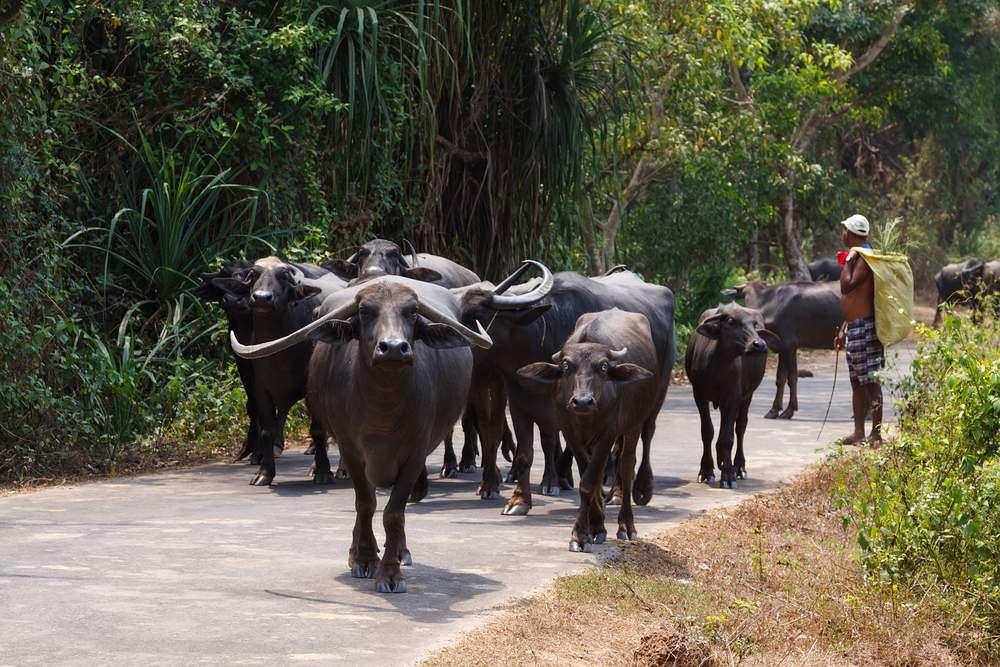
It can take at least an hour to clear a herd of buffalo off the road, twice as long to change the bus tires mid-trip, and up to a day to locate international mail at the local post office – in fact, nothing seems to happen outside the western world without a painfully long wait. There’s absolutely nothing you can do about it, so look on it as an opportunity to update the travel journal.
The Art of Getting Ripped Off Gracefully
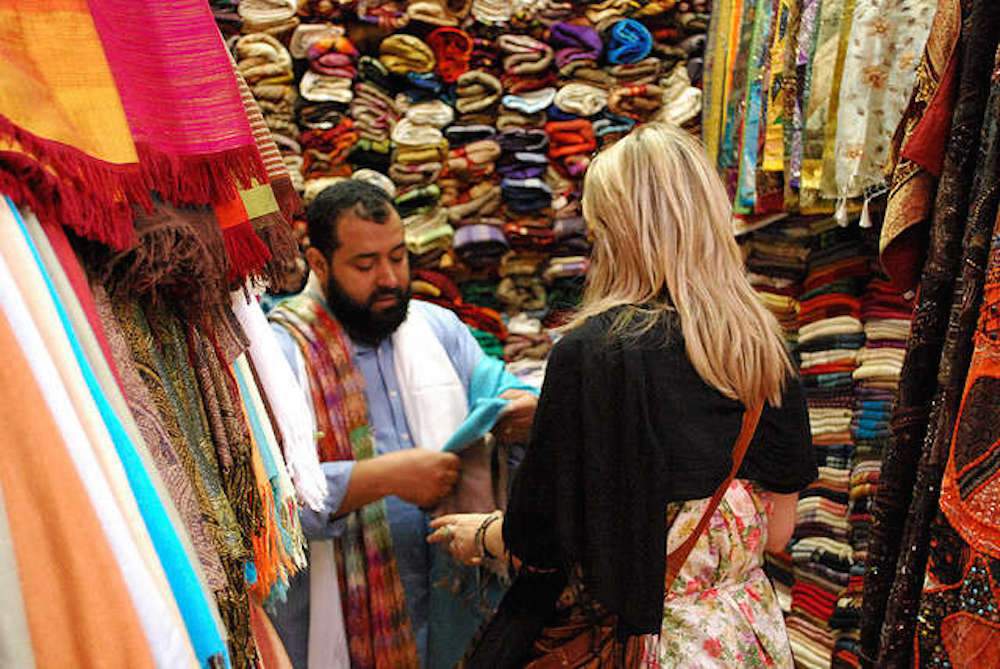
Whether haggling over candlesticks in the depths of souks or bartering with toothless street hawkers over the inflated price of a corn fritter, getting conned out of a few extra dollars is an unfortunate part of the backpacking experience. Fine-tune your bargaining skills by listening in on other transactions for a ballpark figure and start your offers at around 2/3 of the price you want to pay.
“getting conned out of a few extra dollars is an unfortunate part of the backpacking experience.”
Fair or not, as a foreigner you will always be expected to pay more than a local, but that doesn’t mean you can’t secure a bargain through some fair yet ruthless haggling. On the other hand, don’t be afraid to say no – it doesn’t matter whether they’ve driven you there, plied you with free tea, or have the power of persuasion – it’s
your choice whether or not to hand over the cash. Smile, firmly state you are not interested, and walk away quickly.
Read How to Minimize the Chances of Getting Ripped Off
The Art of Self-Medication
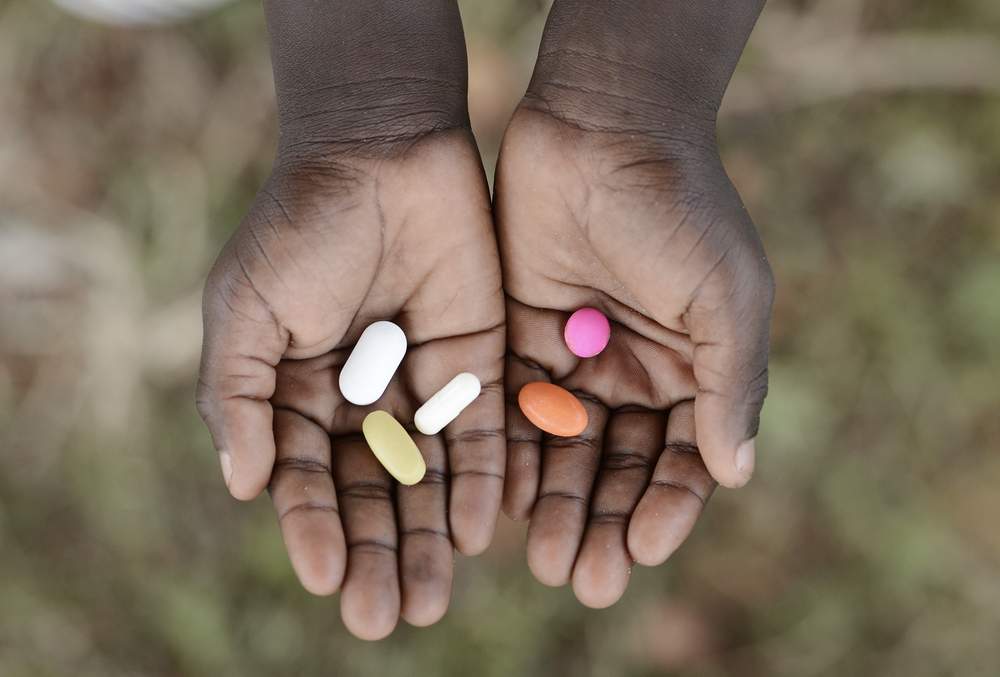
Although third world medical care is not always as squalid as insurance brokers would have you believe, it’s wise to prepare for the worst. Secure foolproof
travel insurance, carry the obligatory traveler first aid kit (including extra supplies of any prescription medications) and tackle any potential problems immediately, particularly if traveling in rural areas.
Although self-medication isn’t always recommended, most common prescription medications – antibiotics, valium, codeine – are available over the counter in a lot of countries, and carrying a supply when traveling outside of the big cities could be a life-saver.
Read Staying Healthy on the Road










